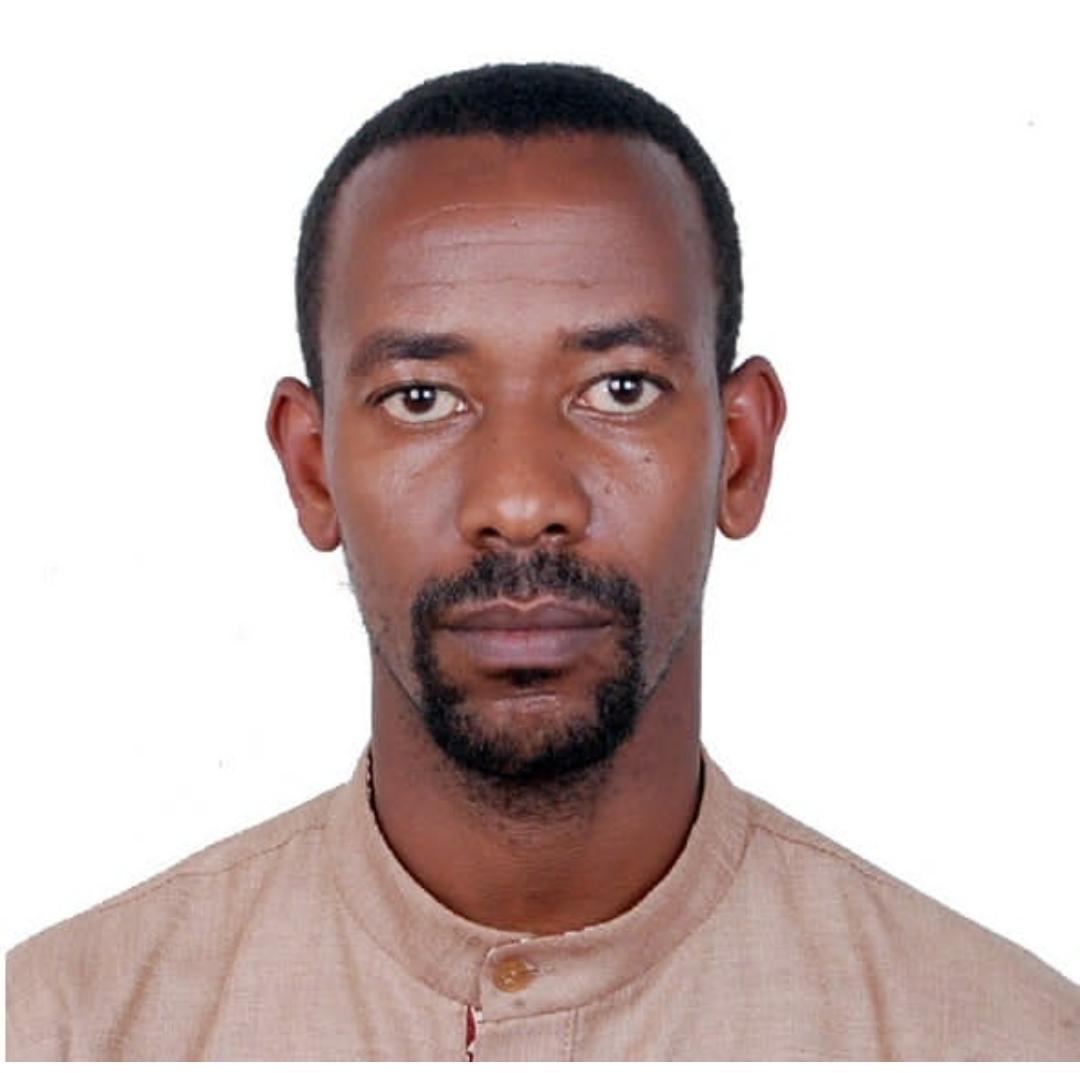The Prosecutor General of the International Criminal Tribunal for Rwanda (ICTR) Hassan Bubacar Jallow has said the transfer of the court’s archives after the end of its mandate next year will be decided by the UN Security Council.

The Prosecutor General of the International Criminal Tribunal for Rwanda (ICTR) Hassan Bubacar Jallow has said the transfer of the court’s archives after the end of its mandate next year will be decided by the UN Security Council.
Addressing a press conference at the ICTR offices in Kigali yesterday, Jallow said that the archive is the property of the UN and only the Security Council can decide on where it would be transferred after the Arusha-based tribunal winds up in December 2008.
"We do recognise the legitimacy of having this archive transferred to Rwanda,” he said, adding that a key study focusing on the future of the archives of both the ICTR and the International Criminal Tribunal for the former Yugoslavia (ICTY) is currently going on at the UN headquarters in New York.
The study is expected to provide the tribunals with an independent analysis of how best to ensure future accessibility of the archives and will also review different locations that may be appropriate for housing the records.
The study was commissioned on behalf of the tribunals by the respective Registrars; Adama Dieng of the ICTR and Hans Holthuis of the ICTY.
Rwanda has expressed optimism in having the ICTR archive transferred to Kigali.
The country says the archives should become part of the country’s history and serving as evidence of what happened in Rwanda in 1994.
The ICTR archive has recorded material including audio and visual collections made up of 13 000 audio cassettes, 7000 DVCAM video tapes, 7000 VHS video tapes and 15,000 audio CDs.
The recordings at ICTR can last 40,000 hours upon listening.
Meanwhile, Jallow who recently tabled a motion of transferring three cases to Rwanda for trial said that the judges at the tribunal will make a final decision before December this year.
"If the cases are not transferred and the ICTR runs out of time to try all the pending cases, then the UN Security Council will have to decide on whether to transfer the cases elsewhere or extend the mandate of the tribunal,” he said.
Asked about Genocide convicts who were sentenced but have not been transferred to prisons where they are supposed to serve their jail terms, Jallow said some of the convicts are still detained at the ICTR as witnesses while others have pending appeals.
ICTR has only a detention facility and not a prison. So far 14 convicts were sentenced and only six of them have been transferred to Mali prisons to serve their sentence.
Ends




